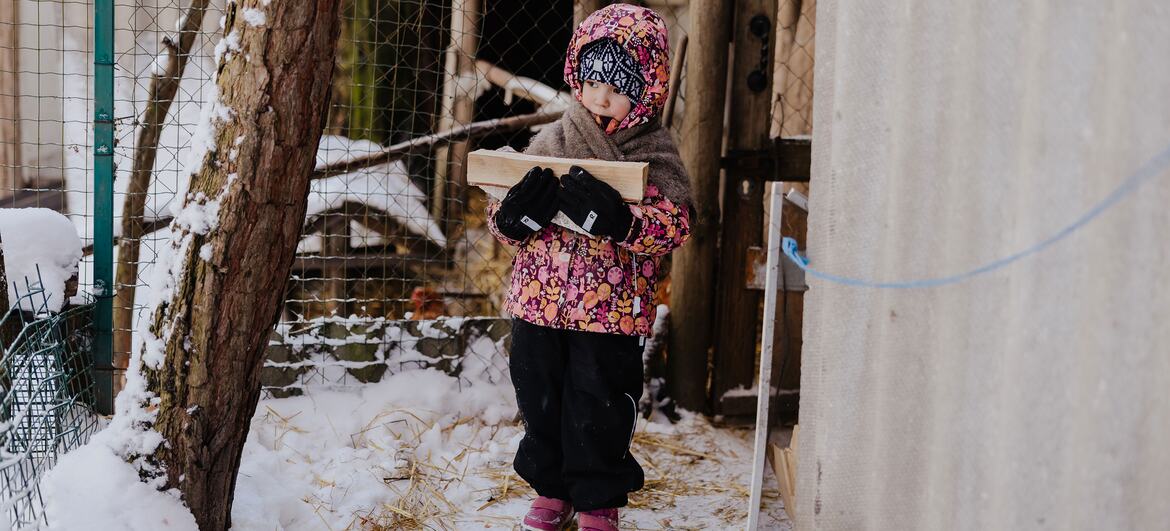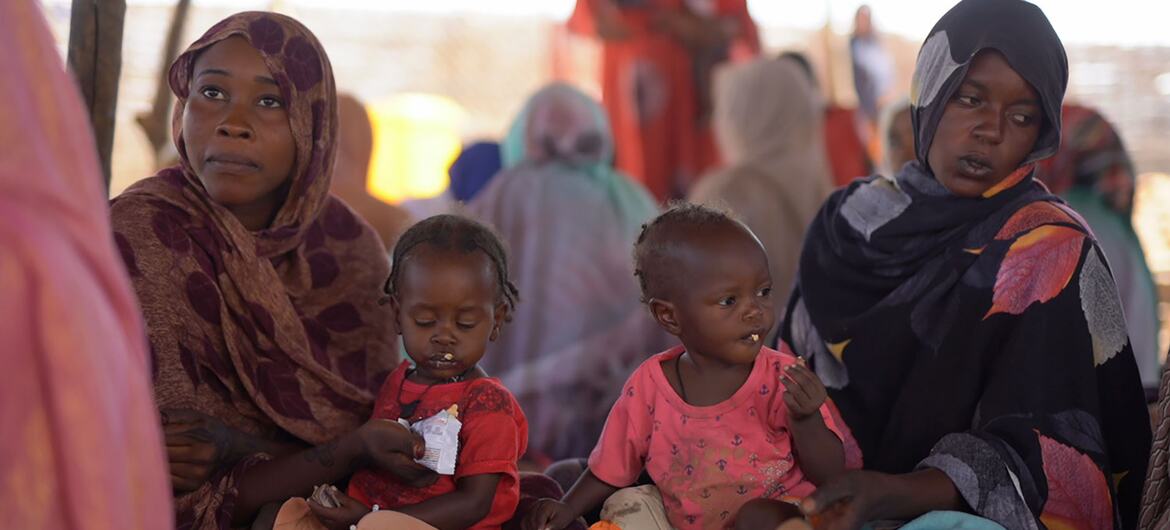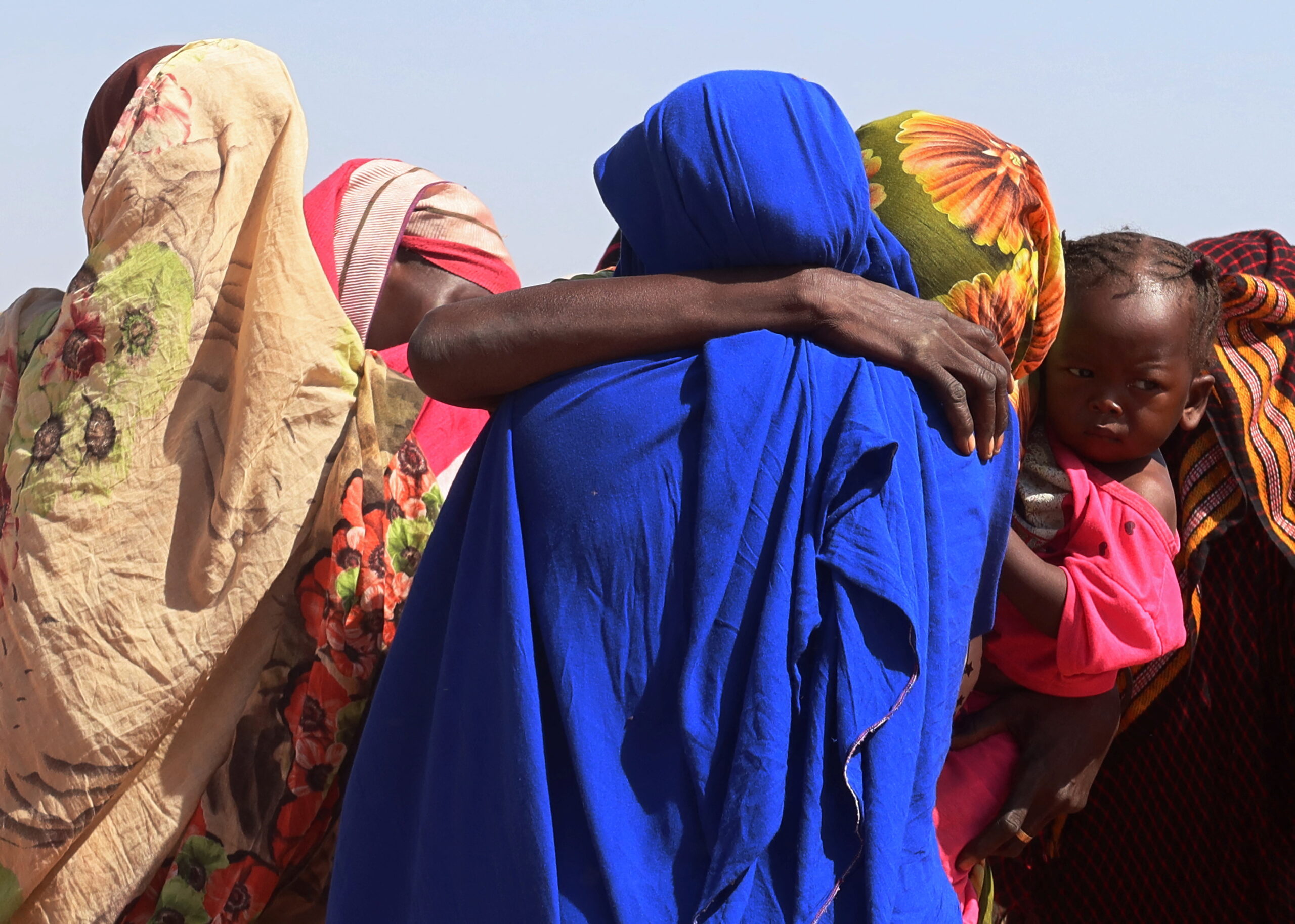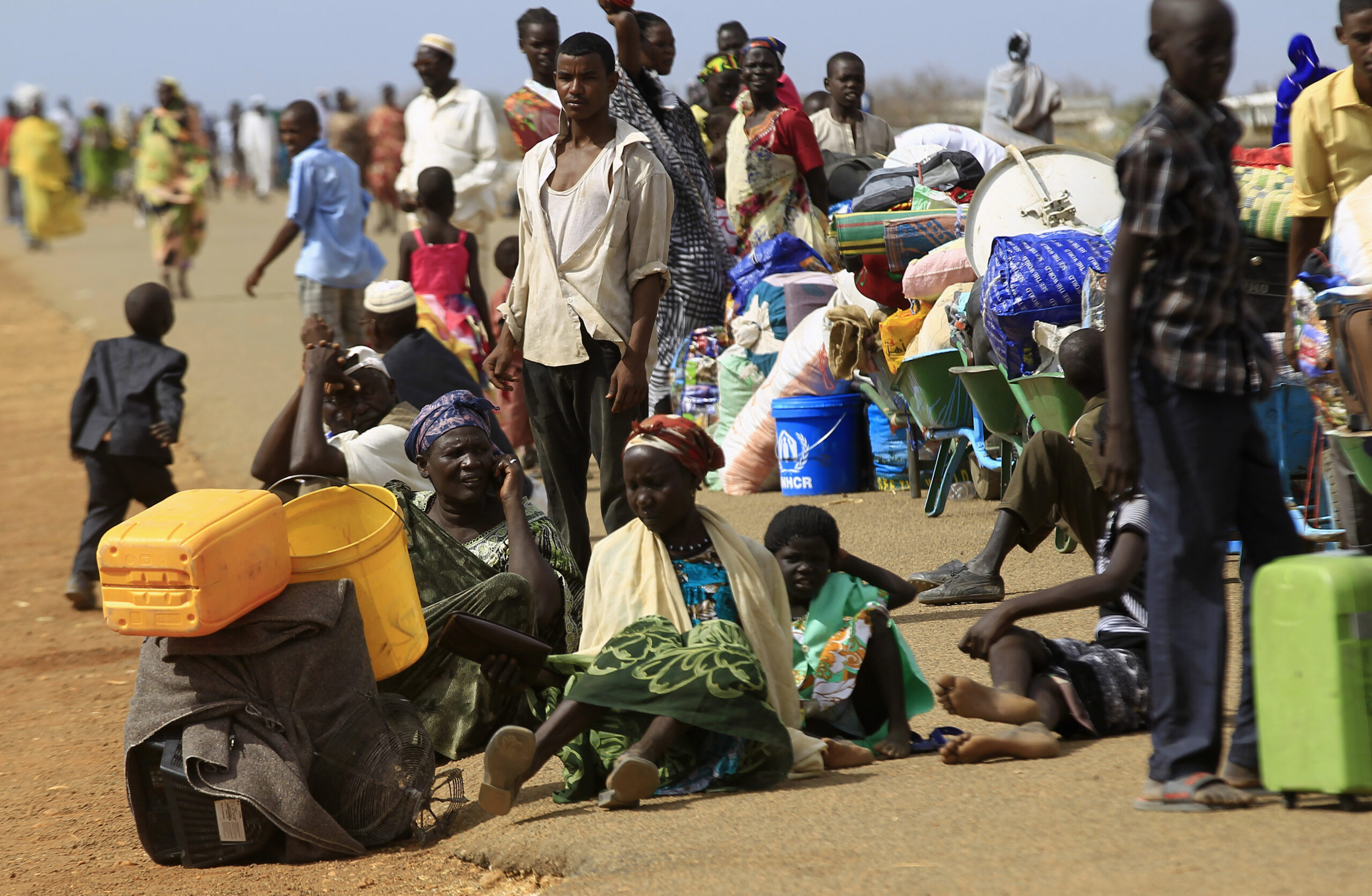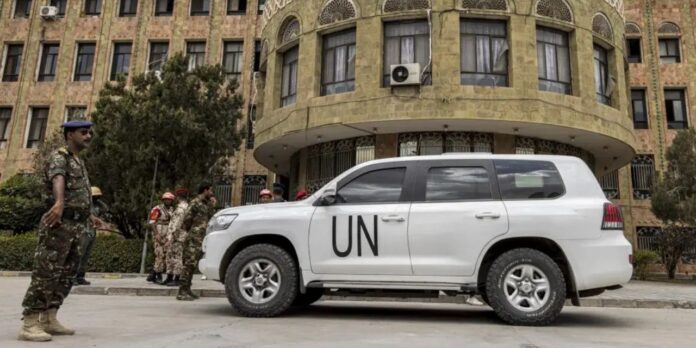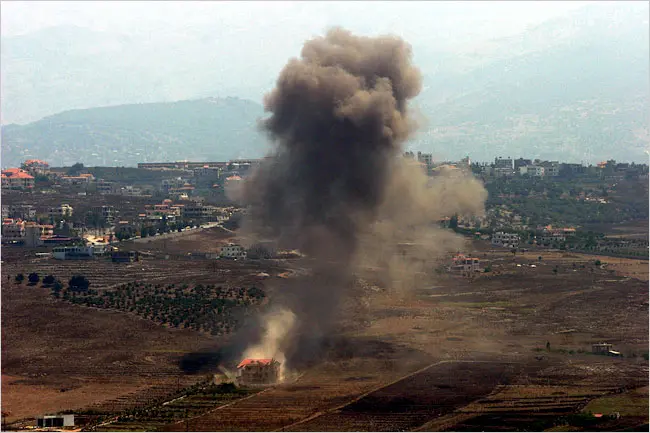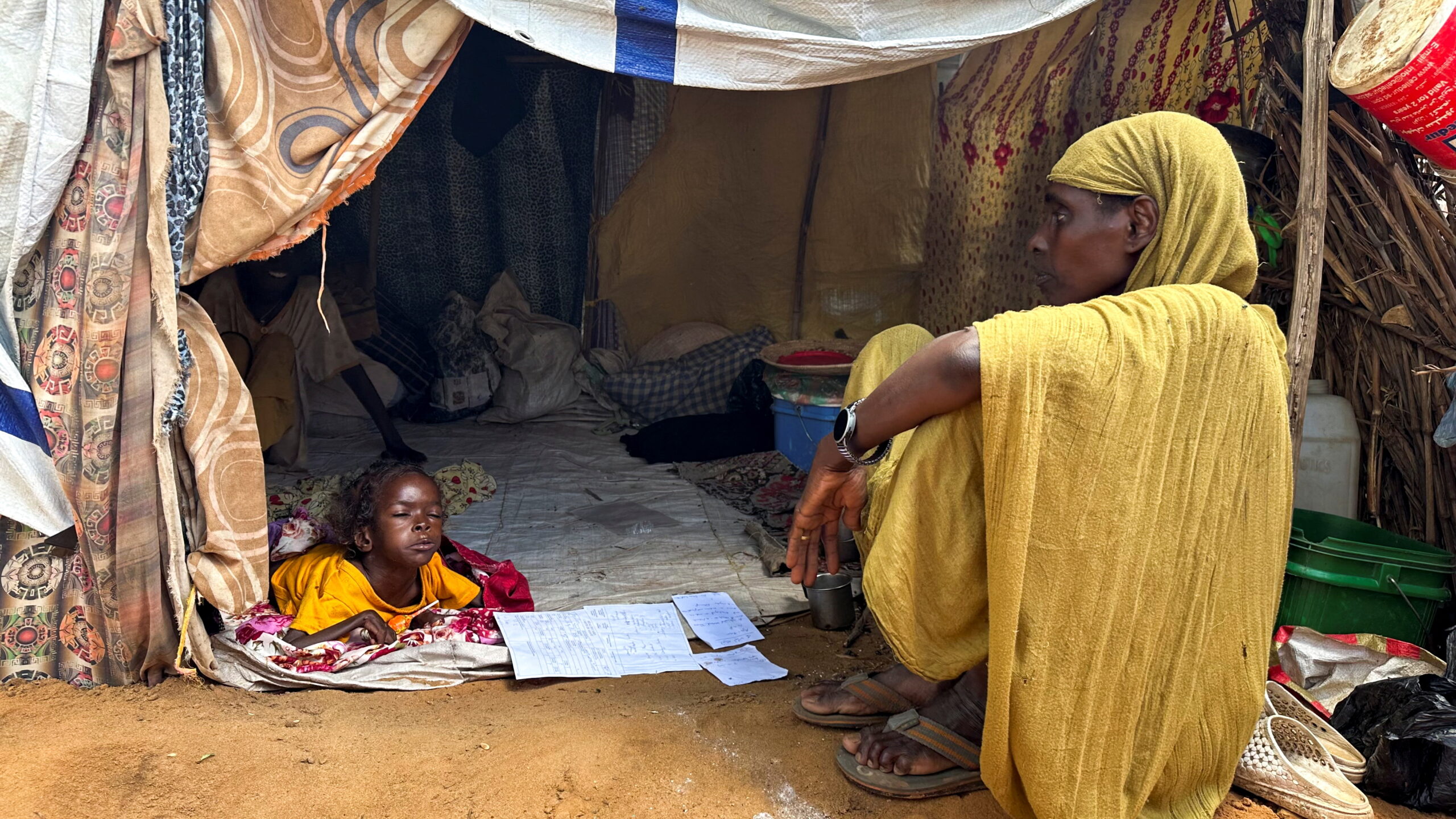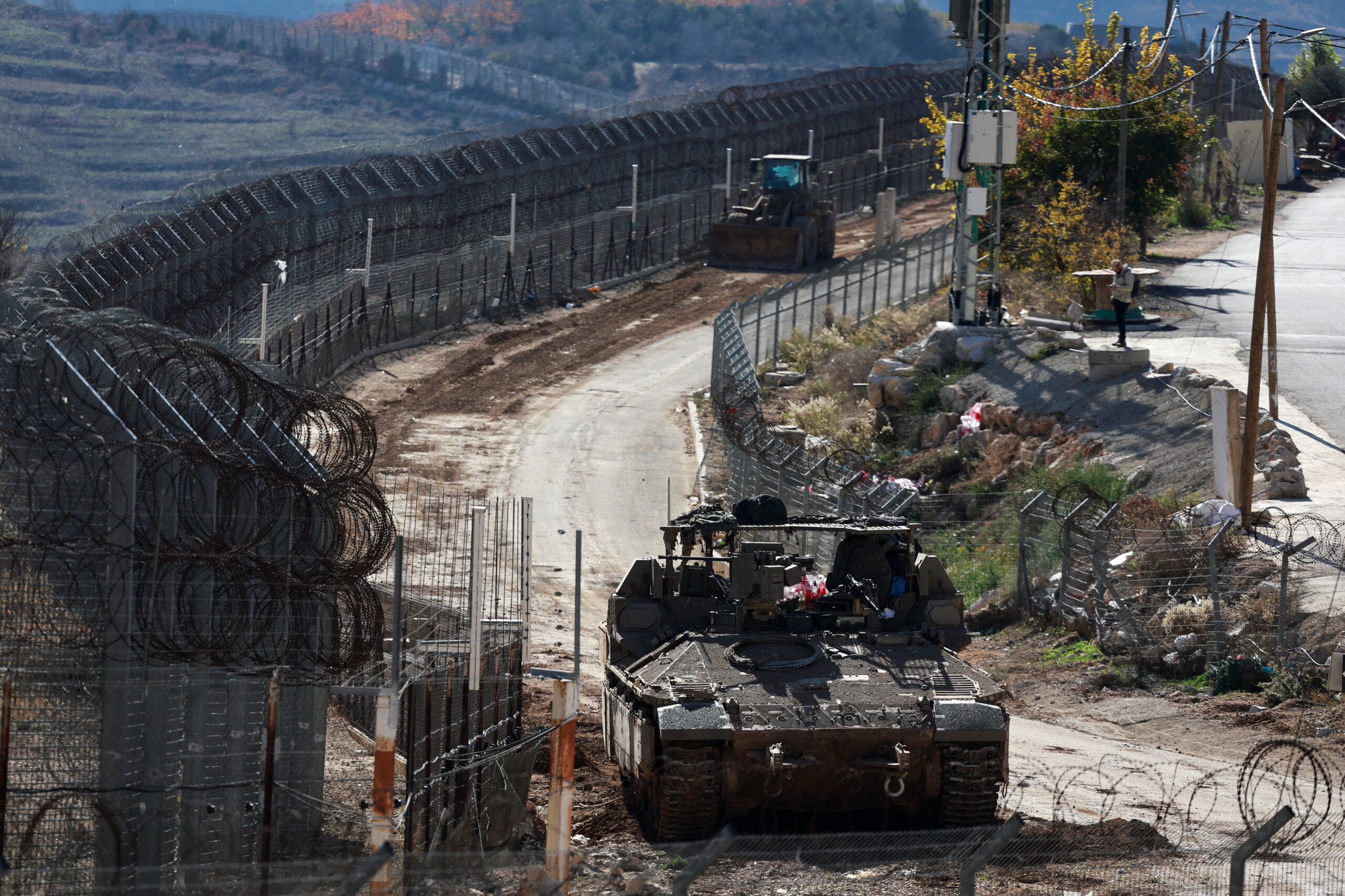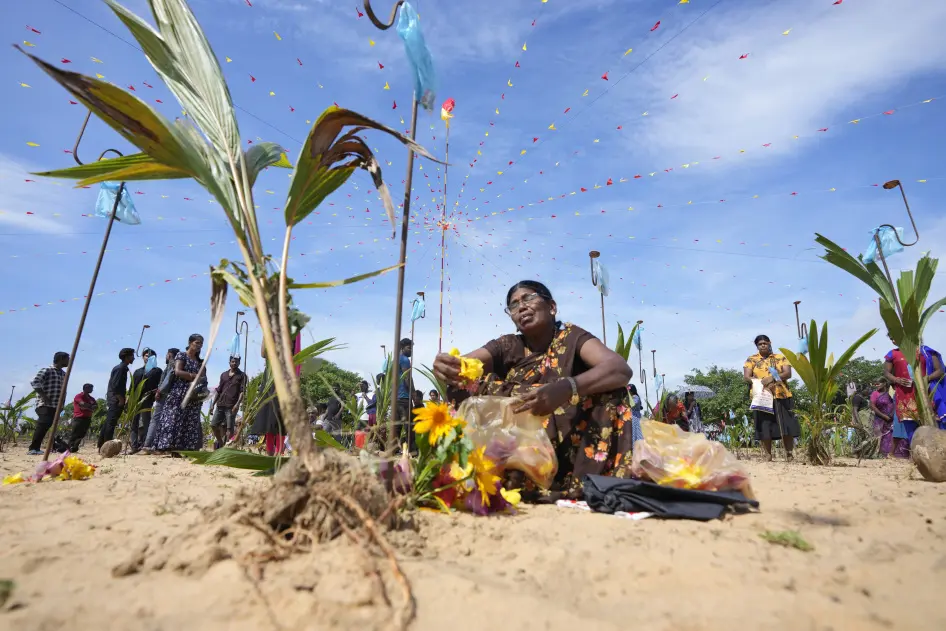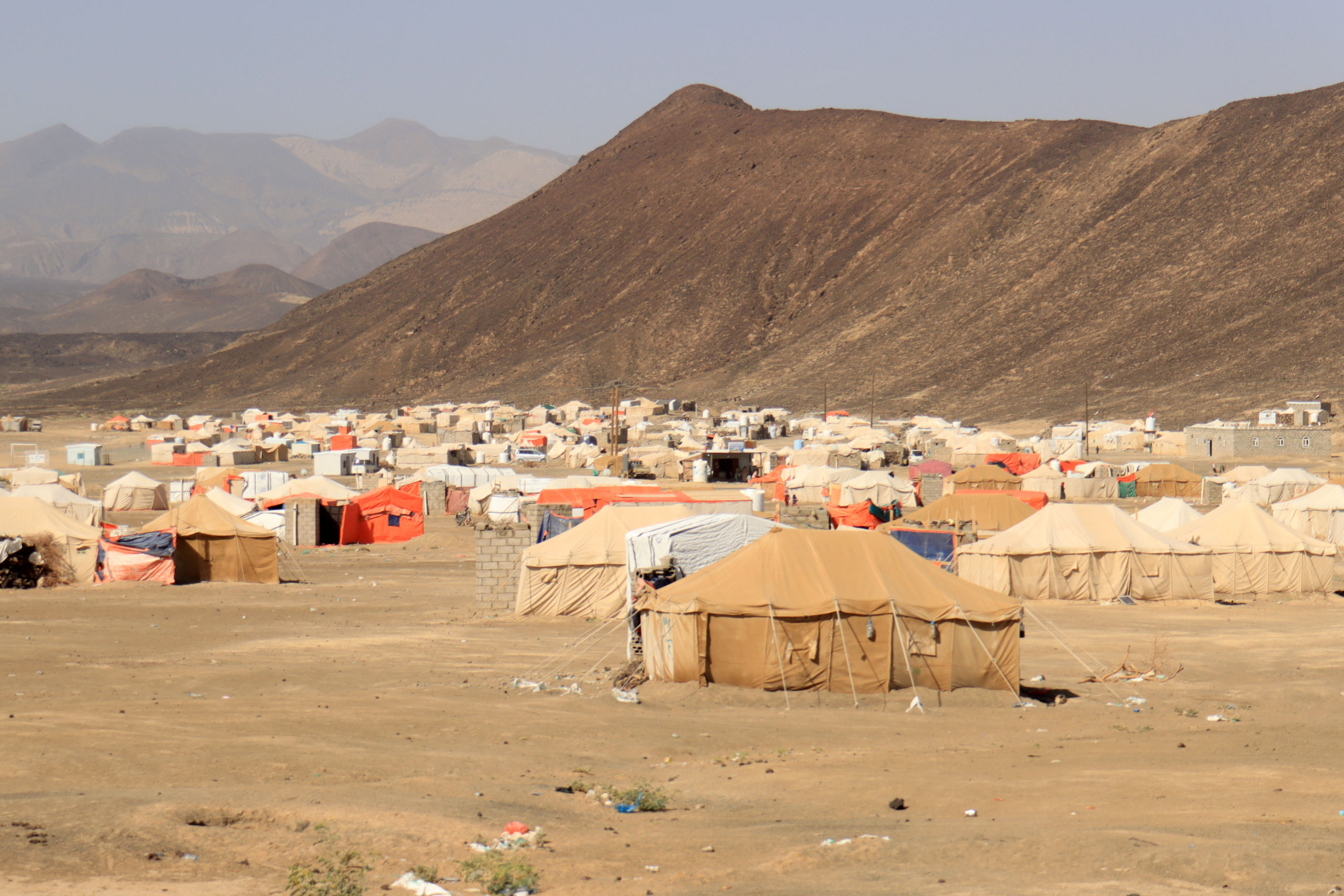Khartoum/The Military Balance Shifts in Favour of the Sudanese Army
![Soldiers of the Sudanese army or affiliated forces pose for a picture at the damaged presidential palace after recapturing the complex from RSF paramilitaries in Khartoum on March 21, 2025 [File: AFP]](https://liberties.aljazeera.com/resources/uploads/2025/03/1743001618.webp)
Soldiers of the Sudanese army or affiliated forces pose for a picture at the damaged presidential palace after recapturing the complex from RSF paramilitaries in Khartoum on March 21, 2025 [File: AFP]
On Wednesday, the Sudanese Army announced that it had taken control of Khartoum Airport, marking the largest ground assault on both military and civilian targets across vast areas of the capital. The move has brought the army closer to declaring Khartoum free from the control of the Rapid Support Forces (RSF). Since the early hours of the day, the army advanced across various districts of the capital, securing significant victories. These included the completion of its control over the Soba Bridge, which links eastern Khartoum to the south, as well as full control of the Manshiya Bridge connecting the East Nile district to central Khartoum. Intense clashes are also ongoing near Jabal Awliya Bridge, the final remaining access point for RSF forces.
Sudanese Army spokesperson, Nabil Abdullah, remarked, “We have reclaimed the last RSF camp in Khartoum and established full control over the airport, which has been completely secured after two years of RSF presence there.” The army further announced that it is nearing full control of Khartoum after retaking a number of strategic facilities, including the Tayba camp, located south of the capital, which had been one of the RSF’s largest strongholds.
In successive briefings, Abdullah confirmed that the army had secured the Tayba RSF camp in the Tayba Hasnab area south of Khartoum. The army also solidified its hold on the western side of the Manshia Bridge over the Blue Nile, which connects East Nile to central Khartoum, as part of ongoing operations to seize control of the capital. He added that Sudanese forces had cleared the Baqir area in Gezira state, situated to the southeast of Khartoum, a strategic entry point to the city. Abdullah further emphasised that the Sudanese military was advancing “steadily and professionally, dismantling the remaining strongholds of the thugs”—a reference to RSF elements—within the capital.
These swift developments are the latest in the ongoing conflict between the Sudanese Army and the RSF, which erupted on 15th April 2023. The violence followed the army’s capture of the presidential palace and several ministries in Khartoum in the past few days. Although the RSF remains determined to continue its resistance in Khartoum, the fast-evolving situation on the ground suggests they may soon be forced to withdraw from all three parts of the capital—Khartoum, Khartoum Bahri, and Omdurman. This raises concerns that the RSF might shift its focus towards Darfur.
The RSF, led by Mohamed Hamdan Dagalo (Hemedti), comprises tens of thousands of fighters. The force first gained prominence in Darfur, where it assisted the government in suppressing an insurgency from 2003 onwards. Initially known as the Janjaweed—meaning “devils on horseback”—these militias earned a notorious reputation.
Since April 2023, the war between the Sudanese Army and the RSF has resulted in over 20,000 deaths and displaced nearly 15 million people, according to estimates from the United Nations and local authorities. Research conducted by American universities has placed the death toll at around 130,000. In recent weeks, the RSF’s territorial control has rapidly diminished, with the Sudanese Army making significant gains across the states of Khartoum, Gezira, White Nile, North Kordofan, Sennar, and Blue Nile.
However, as the conflict deepens, the humanitarian situation continues to deteriorate. The ongoing violence has caused widespread suffering, with millions of civilians trapped in conflict zones, facing shortages of food, water, and medical supplies. Humanitarian aid has struggled to reach those in need due to the intensifying fighting and the disruption of vital infrastructure. The war has also exacerbated existing vulnerabilities, with displaced persons living in precarious conditions, both within Sudan and across neighbouring countries. As the humanitarian crisis escalates, the prospects for peace remain uncertain, leaving countless families in desperate need of assistance and protection.



